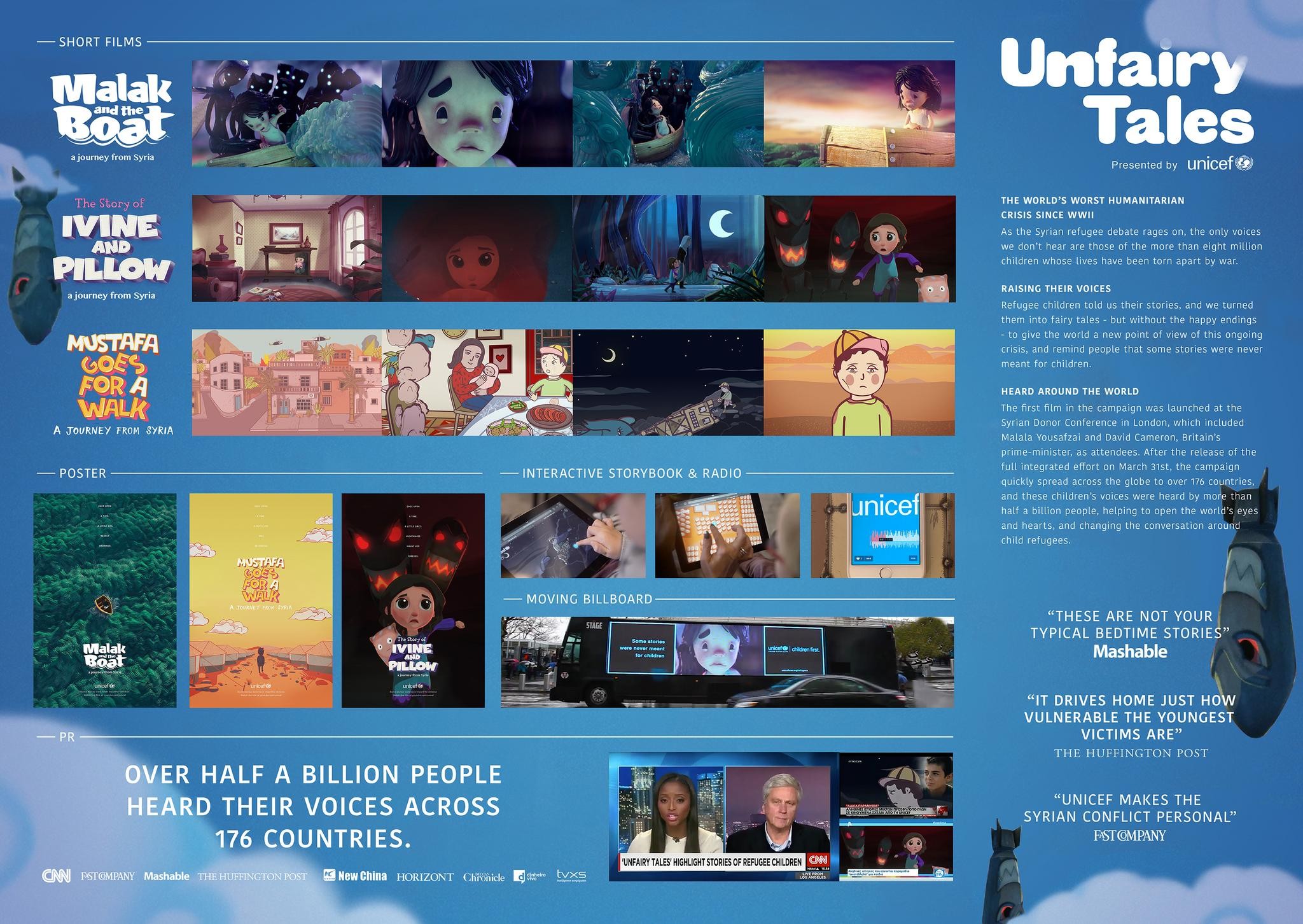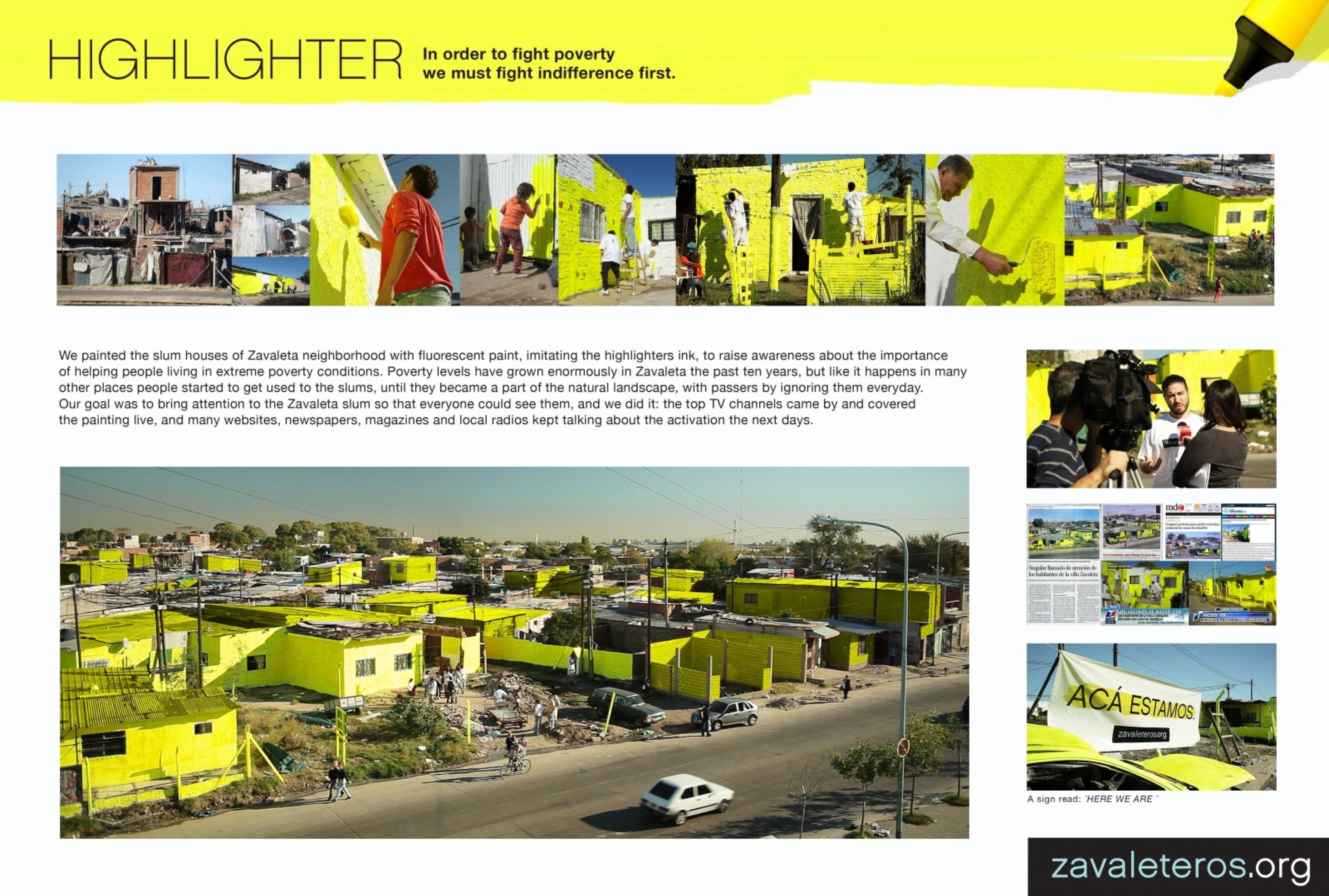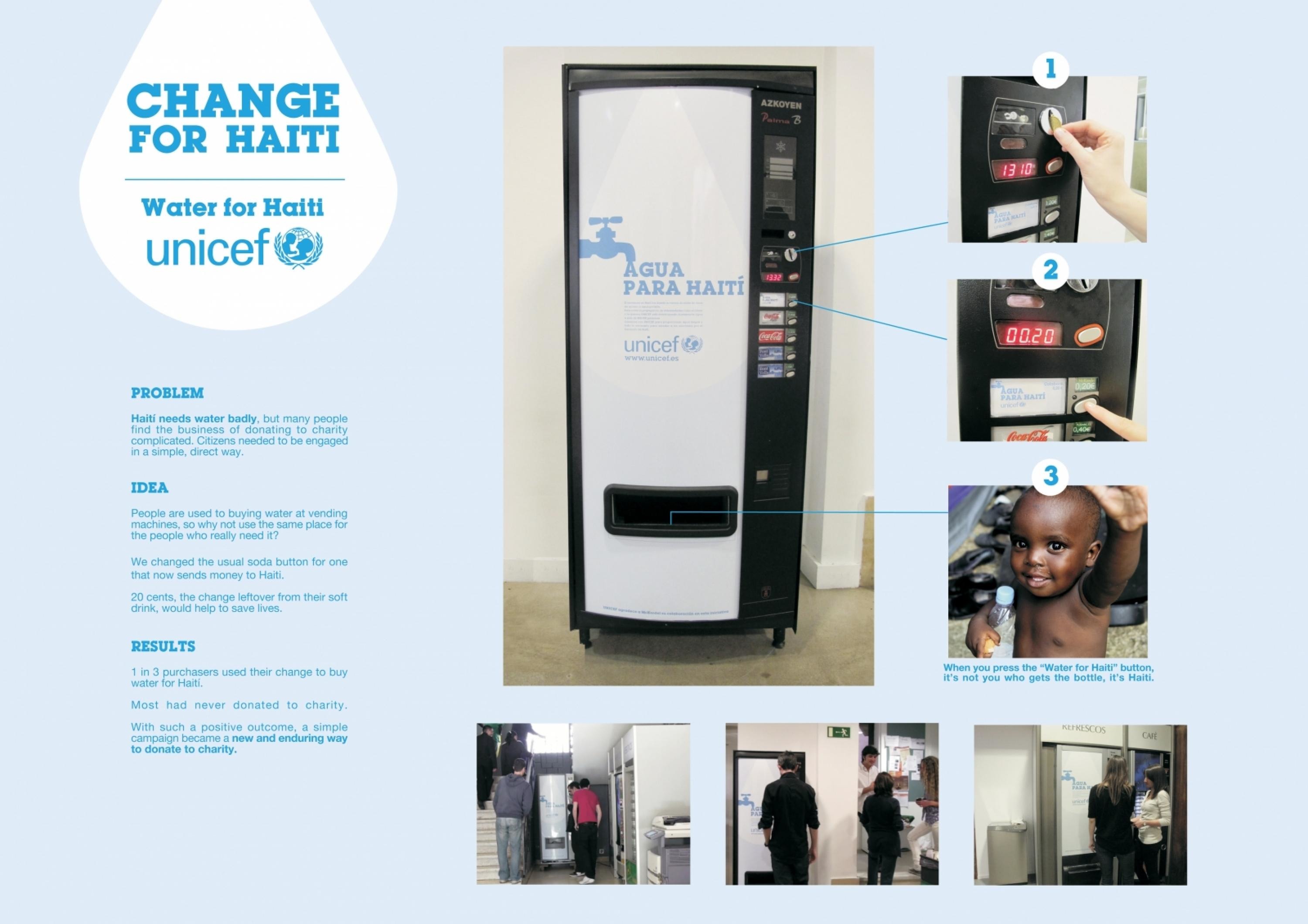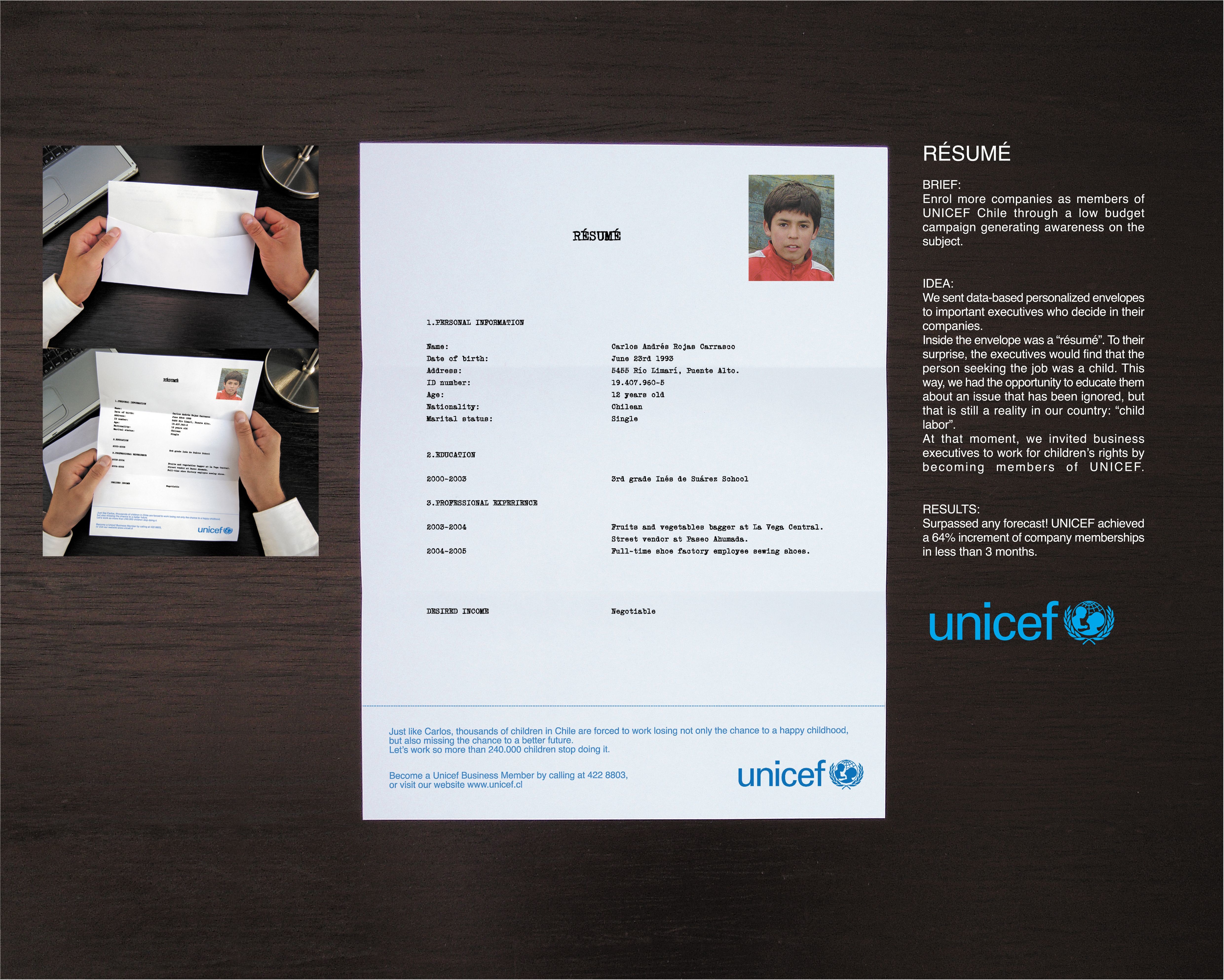Cannes Lions
#BaddeeRabbeek (#IWillTeachYouALesson)"
LEO BURNETT BEIRUT / UNICEF / 2019

Overview
Entries
Credits
Overview
Background
In Lebanon, 60% of the population believes that coercive and punitive methods are effective and necessary when it comes to the education of children. Although this number is believed to be much higher.
UNICEF in Lebanon was about to launch a wide-reaching program aiming to tackle violence against children irrespective of their nationality and background.
The budget at hand was limited, notably with the recent cut in US funding at the UN.
We needed to launch a nation-wide campaign, tackling different audiences on different media touch points.
Our challenge was considerable. We needed to not only tackle the taboo subject of re-questioning our educational methods, but also start challenging and changing a widely accepted method of education that is still passed on from generation to generation.
Idea
Lebanon is known to be lenient when it comes to coercive educational methods. We have institutionalized and normalized the use of violence. This is particularly true when it comes to children’s education. There are many reasons/triggers/causes that have helped develop this cult of violence against children in the country. We know that more than half the population employ violent methods, our data shows than even more people think violent educational methods could actually be effective. It didn’t take research-by-numbers to get to our insight, if you live long enough in the country the insight will jump right in front of you: The Lebanese have corrupted the usage of our language when it comes to education.
We exclusively employ two words #BADDE-RABBIK in a negative and threatening way.
These two words should mean “I WANT TO EDUCATE YOU”, but they mean in fact “I WANT TO TEACH YOU A LESSON/HARM YOU”.
Strategy
UNICEF in Lebanon is better known for its refugee assistance program rather than its wide-reaching domestic assistance program.
It was also seen as a foreign organization that was disconnected from the Lebanese reality and culture.
We wanted to launch a nationwide conversation, as the issue at hand affects all the different social backgrounds throughout the country.
We needed to bring back the positive meaning of “Badde-Rabeek”.
The two main profiles within our nationwide audience were parents and teachers.
These two main profiles are at the center of children’s education. We opted for a media mix composed of traditional and innovative media.
As this is a national campaign we were speaking to different profiles: some still tuned into TV/OOH (the more traditional households/older segment) and others (younger parents/teachers) to digital platforms.
A secondary set of audiences, were non-parents (single/couples) and young adults who also need to partake into an important conversation.
Execution
We had put children and parents in an un-scripted experiment to prove the insight.
We launched our social experiments on democratic media platforms (social media), in order to spark the first Lebanese public debate on violence against children.
The public reacted instantly and a heated debate ensued between people against the usage of violence in education and some defending its usage.
A day later after we launched the social experiment online, we held a televised press conference in presence of the acting Lebanese Minister of Social Affairs which was followed with a live retransmission of a panel debate between industry experts.
We partnered up with all of the country’s prominent bloggers/influencers and started a pledge to always employ the #BADDERABBIK expression in the most positive of ways.
We launched a live Q&A session online with a UNICEF child expert and a leading mom blogger answering detailed questions from the Lebanese.
Outcome
• Total views 2.3 million
• 1 million plus total engagement with the campaign
• 11.8 million media impressions
• 1.16 million dollars earned media value
• 52% of Lebanese parents pledged not to use violence when educating their children* (*Source: Ipsos)
Similar Campaigns
12 items







